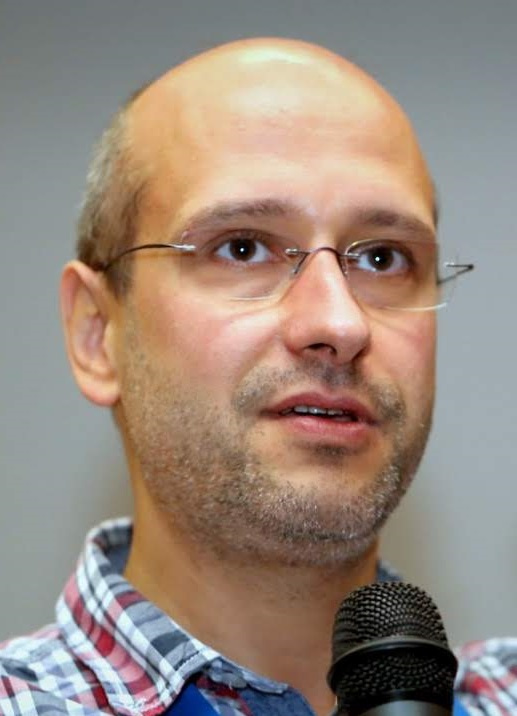On becoming a group leader: Lóránt Székvölgyi, University of Debrecen, Hungary

What does your research focus on?
Our research lies at the crossroad of genetics, molecular biology and biophysics. We study the architecture of eukaryotic chromatin focusing on molecular mechanisms that drive DNA recombination events. Lab website: http://geneart.med.unideb.hu/
 What steps did you take to realize your dream of becoming a PI?
What steps did you take to realize your dream of becoming a PI?
Perhaps the most important moment was when I managed to overcome my shyness at the first international conference of my life (in 2004) and approached a renowned researcher to talk about science. I later submitted and won an EMBO Fellowship with him and then a Marie Curie fellowship for which he became my postdoc supervisor. The rest is history...
What frustrates or worries you most about research careers currently?
Finding professional and motivated co-workers for my team is very difficult, but it is even harder to keep them in the long run. Tenure track positions are very limited at the university, and virtually none of my staff other than me have permanent positions. Year after year, I need to extend the employment contract of my colleagues, which does not give them a fair long-term perspective. I try to compensate for this with higher salaries because official university salaries are very low by international standards. The most difficult and costly task is therefore to find wages for my colleagues, for which I have to constantly write and submit competitive grants.
What would be your advice to young scientists who would like to start their own lab?
To become a group leader, in addition to a good track record, you must be original, you must be innovative, and constantly enthusiastic about your work. My most important piece of advice to lead a successful laboratory: stay focused. If you have a professional vision that has been tested in competitive grants, don’t let yourself be distracted. Of course, minor fluctuations are completely normal when compared to the original plan (which in fact may lead to new ideas and new projects), but you must not lose sight of the research goal for which you have received support and in which you believe.
Photo by Tobias Mrzyk on Unsplash




Join the FEBS Network today
Joining the FEBS Network’s molecular life sciences community enables you to access special content on the site, present your profile, 'follow' contributors, 'comment' on and 'like' content, post your own content, and set up a tailored email digest for updates.